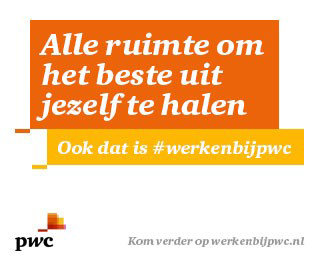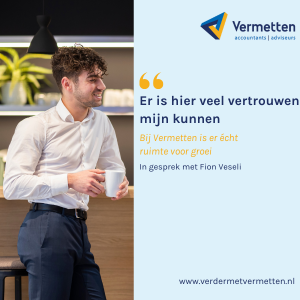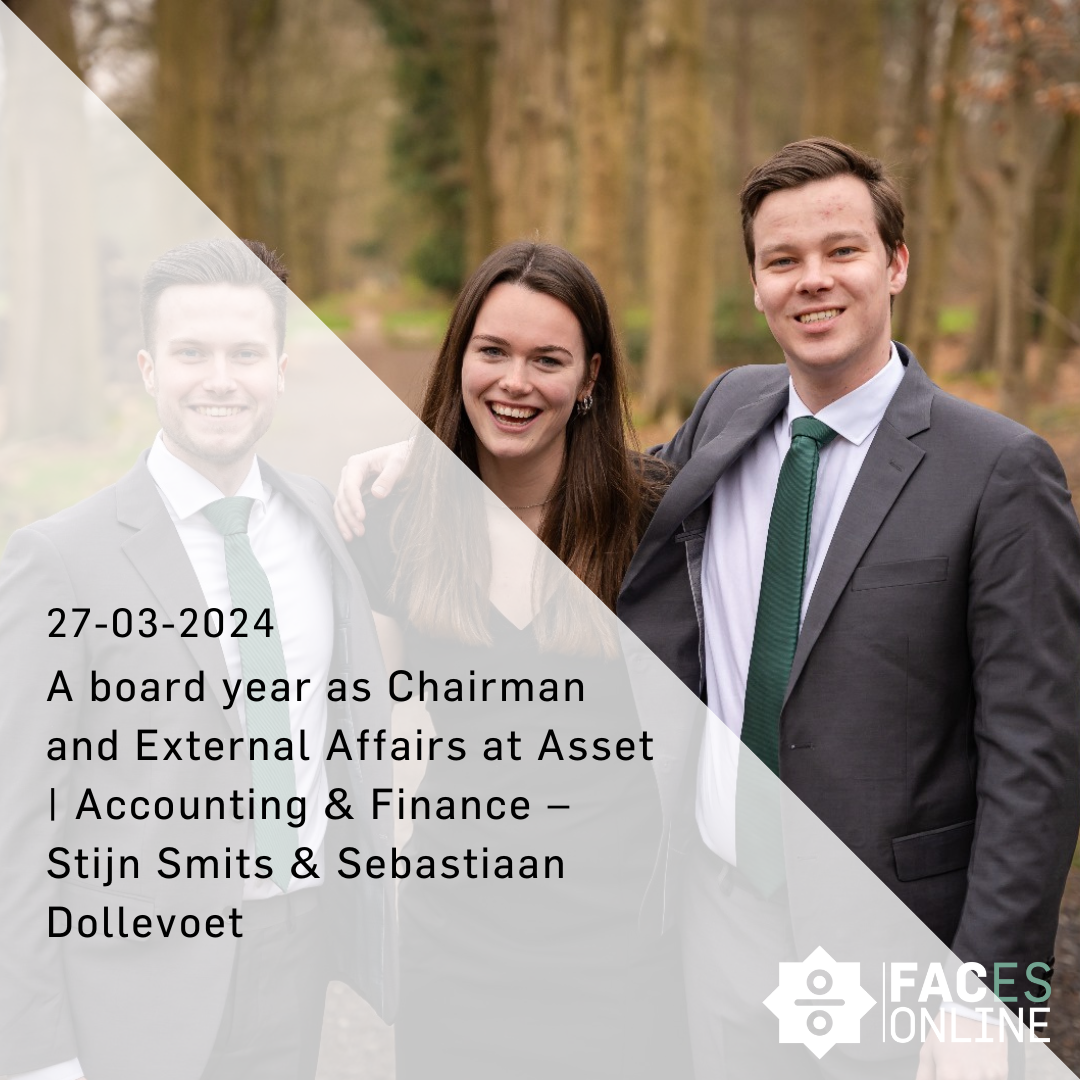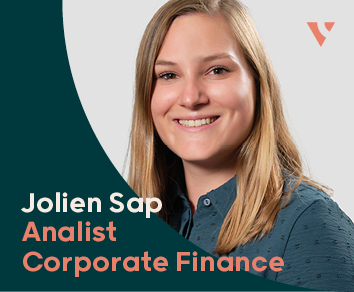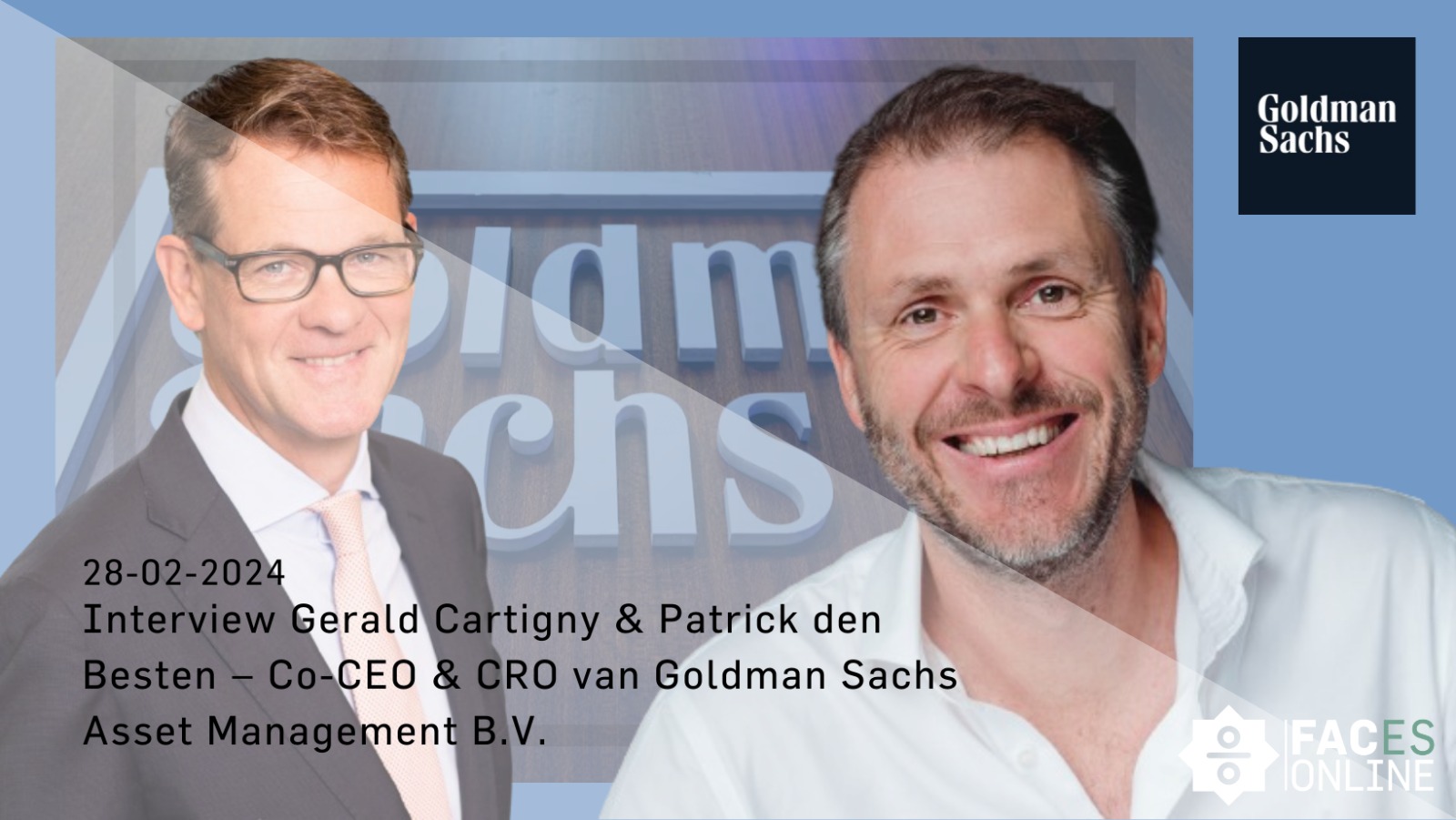Fion Veseli works as a Junior Data Analyst at Vermetten and has made an impressive mark on the Advisory team in a short time. Read below how he likes
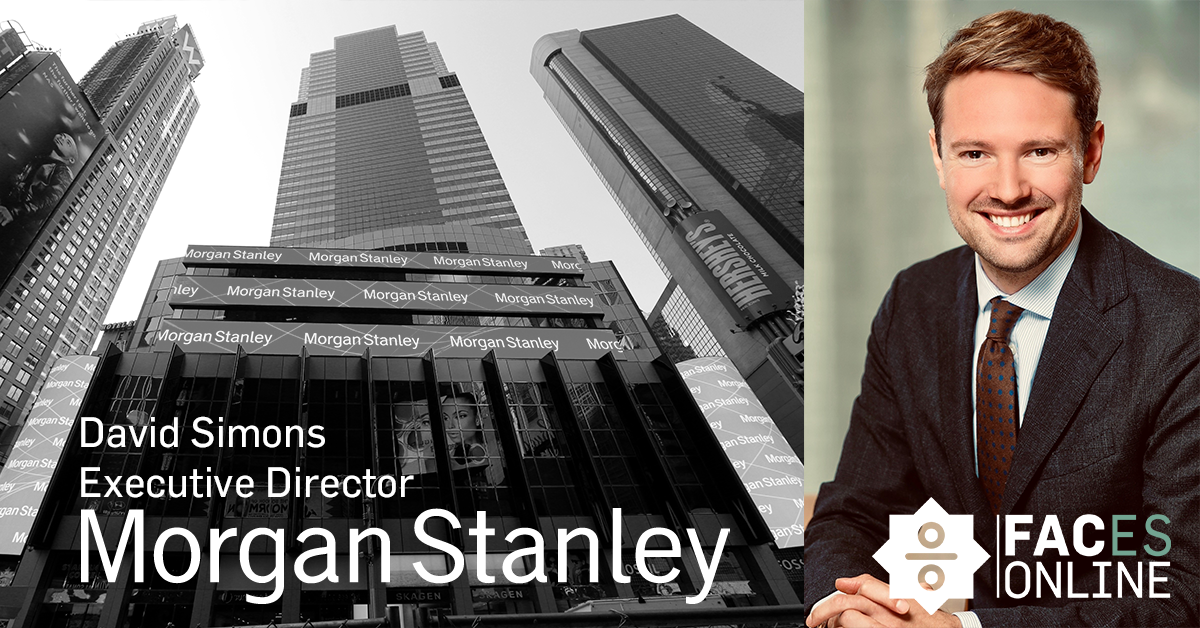
For the Dutch version, click here
David Simons graduated in econometrics at Tilburg University in 2008. Now, 13 years later, he is an Executive Director in the Investment Banking Division at Morgan Stanley in London, one of the largest investment banks in the world. In this interview, David talks about his career path, motivations behind it and transition from his student life to the corporate world.
Can you tell us a bit more about your background?
In 2001 I started studying econometrics at Tilburg University. At the same time, I fully jumped into student life, which was not the perfect combination. Towards the end of my bachelor’s degree, I started working as a working student at NN in their Risk Management department in Rotterdam. As a working student, I was mainly involved in project work, where I was often the link between the technicians and managers. Partly due to this job, I decided to do my master’s in Rotterdam, which I completed in one year. I then moved on from NN to ING’s corporate development department, partly because NN was part of ING Group at the time and ING was looking for insurance expertise. As an analyst in this team, I was given major responsibilities, which allowed for a steep learning curve in M&A. After this, I worked on the NN IPO for 12 months before it finally came to fruition in June 2014. During this project, I worked closely with the major investment banks, including Morgan Stanley. The discussions with advisors made me eager to work at an investment bank myself. Just after NN’s IPO, I continued my career at Morgan Stanley and started as a second year Associate within the Finance Institutions Group, the team that advises financial institutions. I have been working here for almost 7 years now, and still enjoy it every day.
What choices that you have made during your time as a student have had a significant impact on your eventual career?
The main subject you study steers you in a certain direction in the Netherlands, perhaps more than in the UK. I think my eventual choice to go to Rotterdam, both as a working student and for the Master’s degree, made a big impact. The change of environment, people and routine had a tremendous effect on me. In addition, by settling in a different environment and a bigger city, you automatically have a better connection to an international career.
Which transition had the most impact on you, the shift from being a student to entering the corporate life, or the transition from a Dutch corporate to one of the largest investment banks in the world?
The transition from student life to corporate life was mentally the hardest. If you are still living in a student house, completing your studies and also sitting on a train at 7 a.m. two days a week, feels like quite a step. In the transition to London you are thrown into the abyss as soon as you arrive, but the setting fits that life; your roommates are likely to live a similar lifestyle, as they also come to London to work hard, and hence you face most of the same issues. Both these changes of scenery had a good effect on me, it’s remarkable how quickly these new environments become part of your comfort-zone though.
You have been working for Morgan Stanley in London for almost 7 years now, so aren’t you starting to run into the same problem again, that you need a change of scenery?
To the contrary, if you find a place where your work is so dynamic, then you can last a very long time. The projects are always different and you end up with a variety of clients you try to help with their ambitions or problems. The core of what you do remains the same but your role in it changes over the years as you become more senior. If I were to do this work for a competitor, it would mainly cost a lot of energy to get to know all the new people, processes, etc. So for now, I certainly have no plans to make any changes in this regard.
Can you elaborate on what a regular working day looks like for you?
I mainly speak to clients, both when it comes to pitches and for projects. This could be around a company that wants to go public where you discuss the when, why and how that should occur. Hopefully your ideas happen to enlighten or spark the client’s mind. Not a single day is the same and besides client conversations there are plenty of analyses we perform for our clients (either for pitches or projects) which I generally outline, control, and assist with. In addition, there is quite a bit of legal work that comes to the forefront when you are working on projects. In short, as an investment bank you feel overall responsible for supporting your clients in achieving their desired outcomes.
What are the motivations for an economics/finance student to pursue a career in investment banking?
First of all, it depends entirely on your ambition. If your ambition is to see if you can hold yourself together in a world that is faster, more complex and perhaps a little more aggressive versus the one in Tilburg, the world of investment banking may suit you. If you have the right business sense and motivation, you could have an incredibly interesting career. And if after all it’s not for you, the experience you’ve gained will only make it easier for you to look for an interesting job in the Netherlands or somewhere else.
“As an analyst, you mainly need to be accurate, fast, and do many processes at the same time and although we men are not natural multitaskers, this is something that you will learn fast.”
What skills that you’ve developed during your studies are the most useful now?
As a junior you mainly benefit from your technical, mathematical skills. As an analyst, you mainly need to be accurate, fast, and do many processes at the same time and although we are maybe not natural multitaskers, this is something that you will learn fast. As you move into a more senior role, it is the soft skills that differentiate you. Clearly, you will need to have something of both to be successful in this business, but what is most important is that you have the commercial drive and energy to chase this since we are working in small teams, travelling frequently, it is a business that is hard to control from a managerial perspective. What management hence mostly focusses on is to ensure that the culture we share is being actively maintained.
In your career, have you noticed many differences between the different corporate cultures in each country?
Two things stand out for me – in the UK there is a customer-comes-first mentality that is evident in many aspects of public life as well where the Dutch can still learn a lot from. Secondly, over time you naturally become much more thoughtful about how to interact with various cultures – not everyone is as blunt as the Dutch and probably for good reason. Ultimately though, the Dutch are capable of working together well with almost any culture and that is also how my Dutch colleagues are perceived at work – very pragmatic and trying to find solutions for every issue we face. Furthermore, with regard to the corporate culture of an investment bank, it is generally a meritocratic culture where everyone thinks rationally and is focused on achieving a similar goal. At Morgan Stanley you can trust your colleagues, from any division in any country, to help you out if and when needed, and clients have come to appreciate the speed at which this global setup can be put to work for them.
On a personal level, how did you experience the move to another country?
I think the main thing that makes the transition big, is the fact that your friends and family become distant. That’s a natural part of it, but it’s not necessarily easy. The reality is that it does require flexibility from yourself and your surroundings and you will have to be more efficient with time. In the Netherlands it might be common to see your close friends very frequently, in the UK it easily happens that you see each other once in six months, however still consider each other to be good friends.
Where do you think the current student can best distinguish himself from the masses?
First of all, internships at companies where you gain relevant work experience are always useful as they also enable you to make choices about where you would or wouldn’t like to work. Furthermore, I think international experience is helpful, as it could greatly improve your language and social skills in different settings. Additional degrees can also be useful, but to a certain extent. In London, for example, it is very common to start working after a Bachelor’s degree, so keep that in mind. Finally, as should be obvious, high grades are preferred over low grades.
Are you interested in a career in Investment Banking, sign up for our information session on May 19. If you would like more information about this, please send an email to chairman@asset-accountingfinance.nl and keep an eye on our website!






